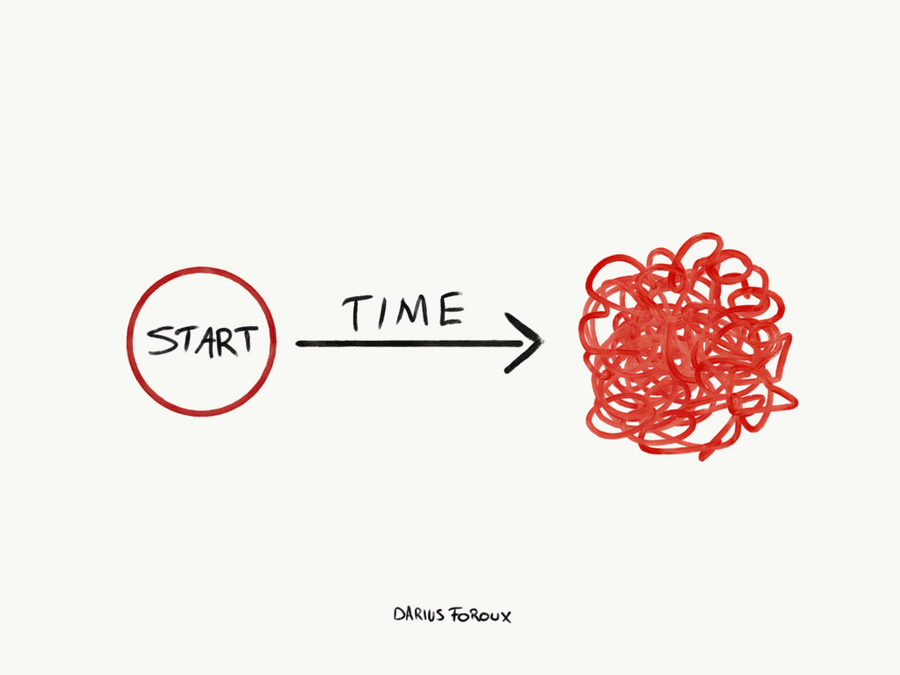Procrastination has a price. It's related to:
- Depression
- Irrational beliefs
- Low self-esteem
- Anxiety
- Stress
2.86K
13.7K reads
CURATED FROM
IDEAS CURATED BY
The idea is part of this collection:
Learn more about timemanagement with this collection
How to use storytelling to influence and persuade
How to create a compelling narrative
How to structure your story for maximum impact
Related collections
Similar ideas to Procrastination has a price. It's related to:
The Good Type of Procrastination
The topic of procrastination is highly debated.
Many arguments revolve around the fact that procrastinating is linked to depression, low-self esteem, or anxiety. This may be true, but the Zeigarnik Effect may prove something entirely different; it argues that an interr...
Benefits of stopping procrastination ...
- Lower anxiety - The more we procrastinate , the more anxiety and stress we have.
- Higher self-discipline - One of the biggest reasons we procrastinate is low self-discipline. The main benefit of beating procrastination is that you automatically incre...
Irrational Thinking Has Unhealthy Emotional Consequences
The technique of “changing your glasses” is rooted in principles of cognitive psychology.
In the 1950s, psychologist Albert Ellis taught that irrational thinking is the root cause for many emotional problems. For example, irrational beliefs lead to unhealthy emotional conse...
Read & Learn
20x Faster
without
deepstash
with
deepstash
with
deepstash
Personalized microlearning
—
100+ Learning Journeys
—
Access to 200,000+ ideas
—
Access to the mobile app
—
Unlimited idea saving
—
—
Unlimited history
—
—
Unlimited listening to ideas
—
—
Downloading & offline access
—
—
Supercharge your mind with one idea per day
Enter your email and spend 1 minute every day to learn something new.
I agree to receive email updates

